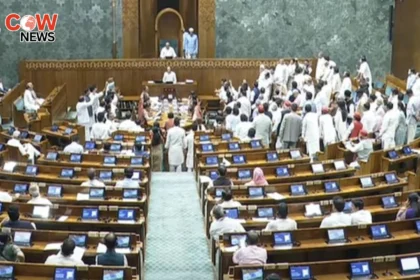In a significant development, President Asif Zardari has signed the Elections Act (Amendment Bill) 2024 into law, marking the completion of the legislative process. The bill, which was passed by both the National Assembly and the Senate with majority votes, aims to bring crucial reforms to the electoral process.
The Senate Secretariat has received the signed summary, and the next step will be the issuance of a gazette notification, which will formally publish the new law. This move is expected to have far-reaching implications for the country’s electoral landscape.
The Elections Act (Amendment Bill) 2024 seeks to address several key issues, including the submission of party affiliation certificates by candidates and the allocation of reserved seats. According to the bill, a candidate who fails to submit their party affiliation certificate before obtaining the election symbol will be considered independent. Additionally, if a political party fails to submit its list of candidates for reserved seats within the prescribed period, it will not be entitled to those seats.
The passage of the bill has been met with both praise and criticism. Supporters argue that it will help to streamline the electoral process and prevent confusion among voters. Detractors, however, claim that it will lead to further political polarization and undermine the democratic process.
The Pakistan Tehreek-e-Insaf (PTI) has already challenged the bill in the Supreme Court, requesting annulment of the law. The party argues that the bill is unconstitutional and will have far-reaching negative consequences for the country’s democracy.
As the country prepares for upcoming elections, the significance of this bill cannot be overstated. It is crucial that all stakeholders work together to ensure that the electoral process is fair, transparent, and accountable.
#ElectionsAct #AmendmentBill #PresidentZardari #Pakistan #Democracy #Elections







